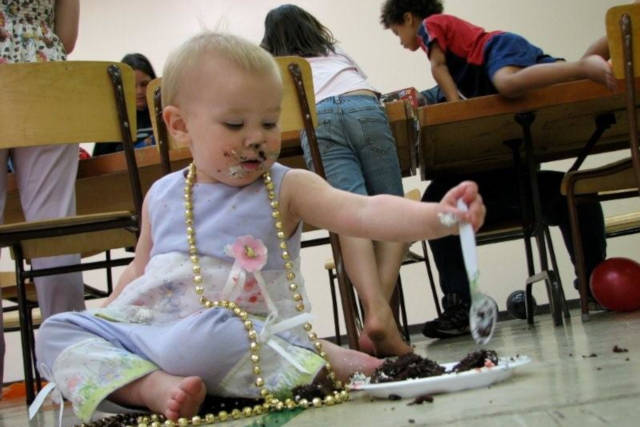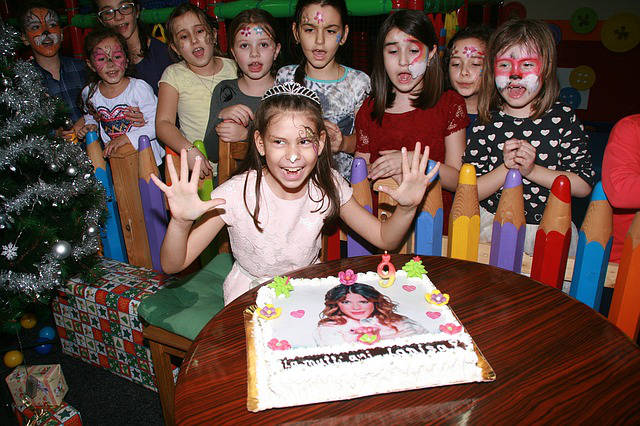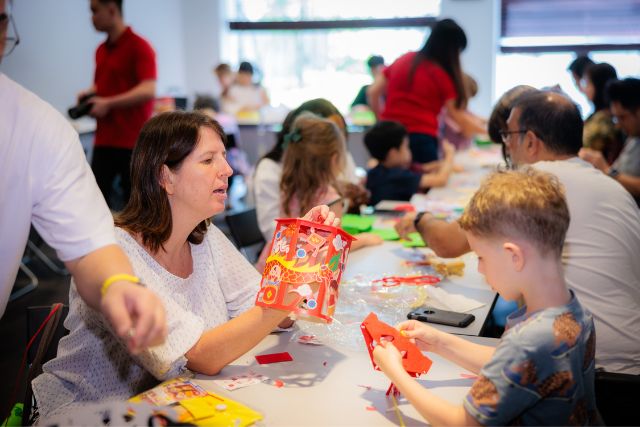Rivalry between siblings is issue families have dealt with throughout the ages. The bible stories of Cain and Abel, Jacob and Esau, Rachel and Lea, Joseph and his brothers, are just to name a few. In these stories, sibling rivalry is the main plot. As long as there is more than one child in the family, sibling rivalry is inevitable.
However, it does not have to be a long-drawn battle that continues into adulthood where sibling relationships are often tarnished with bitterness and jealousy. Such turmoil can be avoided; the question is: How can parents positively deal with sibling rivalry?

At the root of sibling rivalry is the competition to acquire something scarce. What do children crave most? Attention, approval, time and love from the parents. However, parents often play a role in flaming the fire of sibling rivalry inadvertently.
Here are some Do-s and Don’t-s for keeping sibling rivalry under control.
Do…
- Spend time with each child individually. Protect that 1-to-1 time so that your child doesn’t feel that he/she always has to compete for your attention
- Set ground rules for relating with one another, e.g.: no tattling, no hitting, no name-calling, no-fighting in the car.
- Give extra attention when siblings are playing nicely together. It will increase the likelihood that you will see this more often.
- Ignore them when they are having minor disputes. Try not to intervene. However, jump in if they are going to endanger each other, or disagreement escalated to a dangerous level.
- After a major conflict, when everyone involved is calmed down, have a debrief session. Talk to them about how they have handled themselves, how they can compromise, share, take turns, and respect one another.
- Have a plan to head off future fights. (e.g.: fights over chores-schedule chart)
- Model good conflict resolution behaviour together with your spouse and other family members. Be calm and respectful to one another.
Don’t…
- Compare!! It is normal to be resentful when being evaluated in comparison to someone else.
- Dismiss your child’s anger and resentments. Instead, acknowledge and respect these strong feelings as part of being human recognizing that these strong feelings have to be reigned in and it is not an acceptable reason to be cruel, to injure, or to endanger others.
- Take sides. Punishing the child who is at fault can be seen as taking sides.
If you have a child with special needs, unintentionally, it is easy for parents to become preoccupied with him or her. Be sure to provide all your children with adequate one on one attention and not just perfunctory attention.
Children with siblings who have special needs can often resent the time and attention that their sibling gets. Therefore it is important to be mindful of the following suggestions:
- Be alert to the needs of your child who is typically developing and attend to it wholeheartedly.
- Have protected undivided quality time with each child. Each of your children deserves you-time!
- Be there for your typically developing child’s special events no matter how much planning and organization is required. Rearrange therapy appointments or ask a family or friend for help!
- Listen to your normal child complaints. Knowing that they are being heard makes a child feel adequate and important.
If one of your children is particularly gifted in a specific area, the following pointers may be useful in order to make all your children feel adequate and to avoid jealousy between siblings:
- Talk openly with your children the fact that each of them is different.
- Provide examples with those from your own siblings or your spouse’s. Don’t use your own children in making comparison example (For example, it is better to say, “My sister always got A-s but she could not carry a tune. However, it was great that she could help me with my homework when I needed it”)
- Emphasize that you do not expect your child to be great in everything, but you expect your child to develop his/her own area of strength.
- Explore with each child what areas they are good at, recognize it, and celebrate it.
- Emphasize the spirit of accepting one another’s strengths and weaknesses in discussions.
Ultimately our siblings are those who we share cherished memories with, who we both love-to-love and love-to-hate, ultimately, our siblings are amongst the few people who will always support us and ‘have our backs’. As parents, there is such joy in watching the relationships of our children grow and mature over the years. For this reason, it is our responsibility to provide strong examples of loving, supportive relationships and to provide each of our cherished children with the time and attention that they deserve.
By Fitriani Kwik, Psychologist, The Children’s Therapy Centre
This article was first published in The New Age Parents online magazine.
* * * * *
Like what you see here? Get parenting tips and stories straight to your inbox! Join our mailing list here.
Want to be heard 👂 and seen 👀 by over 100,000 parents in Singapore? We can help! Leave your contact here and we’ll be in touch.






















































